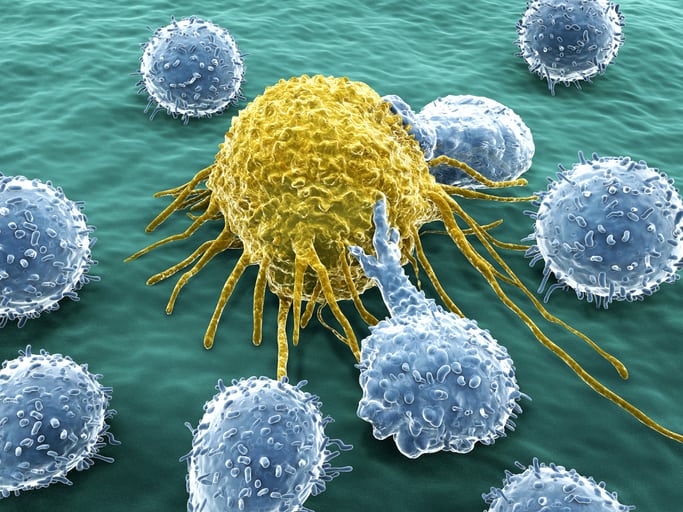Prostate cancer is the most incident and one of the deadliest male cancers in Latin America. Treatment for patients with metastatic castration-resistant prostate cancer (mCRPC) includes androgen receptor signaling inhibitors (ARSi) such as abiraterone and enzalutamide, for which AR-V7, an androgen receptor splice variant, has emerged as a biomarker for primary resistance. Our study sought to analyze the potential economic impact of the use of AR-V7 detection as a treatment indicator in patients with mCRPC in 3 Latin American countries.
A hypothetical cost prediction model for the use of non-invasive Circulating Tumor Cell (CTC)-based AR-V7 testing as a treatment indicator for patients eligible for treatment with abiraterone/enzalutamide was conducted using available information on treatment and testing costs from Mexico, Argentina and Colombia.
At an estimated prevalence of AR-V7 positivity of 20%, the use of upfront AR-V7 genetic testing resulted in annual net savings of $9,801,669.97, $6,390,055.75, and $3,096,780.91 in Mexico, Argentina and Colombia, respectively. A direct relationship between AR-V7 positivity prevalence and net savings was found.
The use of a noninvasive AR-V7 detection assay as a treatment indicator tool in patients eligible for treatment with Abiraterone or Enzalutamide in Latin America could be a cost-effective approach for the management of these patients. Additional efforts are needed to accurately determine the incidence of castration-resistant prostate cancer cases and the prevalence of AR-V7 positivity in Latin-America in order to predict the potential economic benefit of its clinical use.
In Latin America, prostate cancer is the most frequently diagnosed cancer in men and the burden of this disease is expected to double in this region by 2030. Noninvasive detection of AR-V7 is being currently validated as a predictive biomarker for benefit with ARSi therapy in patients with metastatic castration-resistant prostate cancer (mCRPC). Our hypothetical cost saving analysis shows that AR-V7 testing in peripheral blood of CRPC patients eligible for treatment with abiraterone or enzalutamide might represent a cost-effective strategy to select patients who will benefit from AR-axis directed treatment in 3 Latin American countries.
© AlphaMed Press 2020.
AR-V7 as a biomarker for resistance to treatment with abiraterone/enzalutamide in three Latin American countries: a hypothetical cost-saving analysis.


